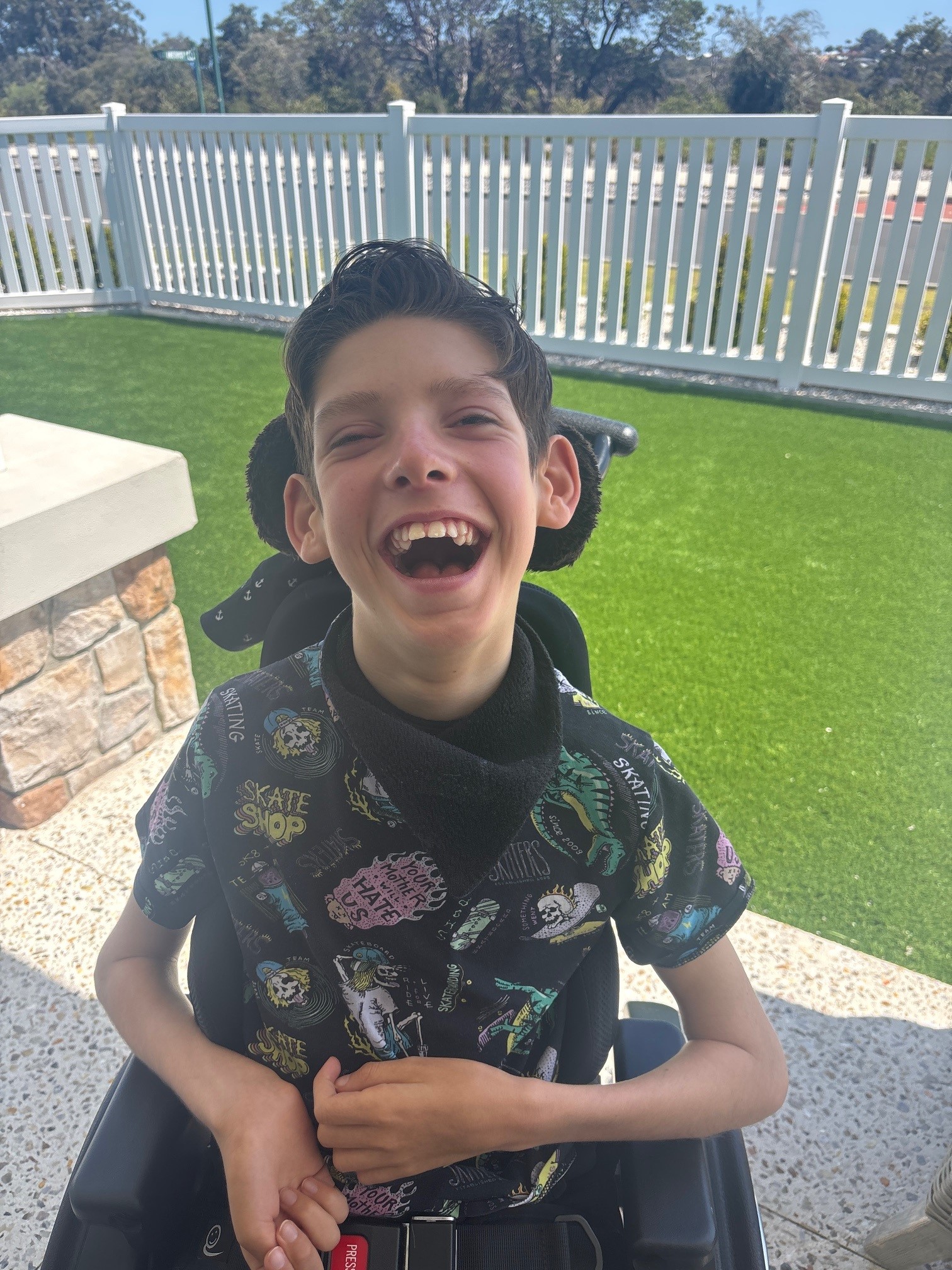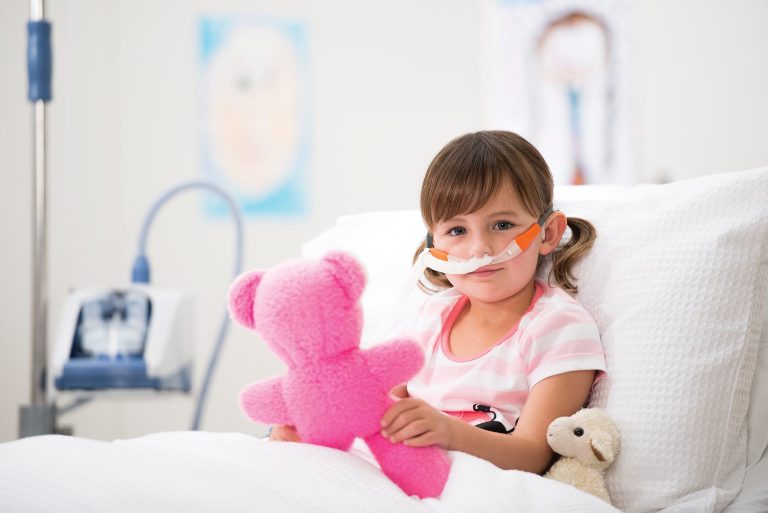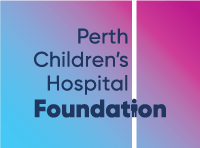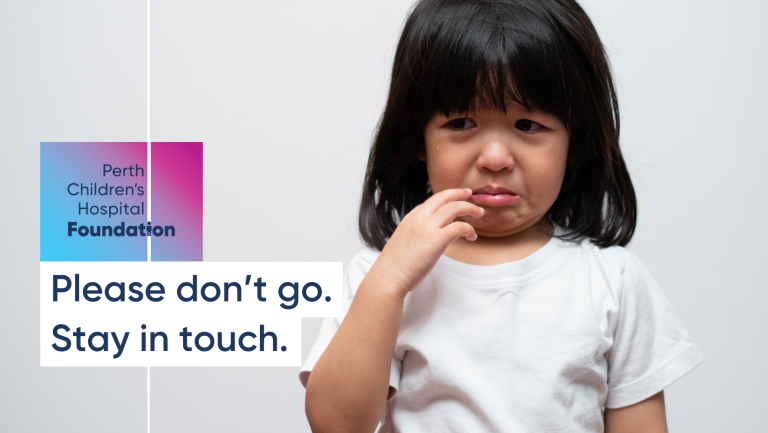
Helping Bodhi breathe easier at home.
- Perth Children's Hospital Foundation
Helping Bodhi breathe easier at home.
- Perth Children's Hospital Foundation
Fifteen-year-old Bodhi from Australind is breathing easier at home thanks to an innovative respiratory device funded by Perth Children’s Hospital Foundation (PCHF) with the support of ToyBox Australia.
Bodhi lives with cerebral palsy, caused by complications during his birth that led to a lack of oxygen and subsequent brain injury. The condition affects muscle control and movement, and for Bodhi, it also impacts his ability to swallow and speak. He also experiences ongoing respiratory issues, including sleep apnoea – a condition where breathing repeatedly stops and starts during sleep, disrupting rest and reducing oxygen levels.
For children with disabilities such as cerebral palsy, respiratory infections are a common and serious risk. Weak muscle tone, reduced mobility and swallowing difficulties can make it harder to clear mucus from the lungs, increasing the likelihood of infections like pneumonia. As Bodhi has grown older, even minor colds or flu have developed into serious lung infections requiring hospitalisation.
This year, respiratory illness has been an even greater concern for families like Bodhi’s. Western Australia has experienced its worst flu season on record in 2025, amid dwindling vaccination rates, just 23 per cent of WA kids aged between six months and five years are currently vaccinated – the second lowest rate in the nation.
Since May, Bodhi’s family has been better equipped to manage these challenges at home thanks to an Airvo 2 device on loan from Perth Children’s Hospital (PCH) – a high-flow nasal therapy device that delivers warm, humidified air to help keep airways open and clear.

The device, which is not currently available through Medicare or private health insurance, is allowing more WA families to confidently care for children who need long-term respiratory support at home.
PCH Clinical Nurse Consultant, Respiratory Medicine, Laura Callaghan said: “For many patients, the Airvo 2 is the gold standard of care. Before the Airvo, there wasn’t a simple way to deliver humidified high-flow therapy outside of hospital.
“Having access to an Airvo 2 means patients can often be discharged earlier and return home with their families sooner. Thanks to funding from PCHF and ToyBox Australia, we’ve been able to increase the number of Airvo machines available – helping more WA kids access this life-changing therapy at home.”
Bodhi began using the Airvo after being flown to PCH by the Royal Flying Doctor Service earlier this year following a respiratory illness and bacterial lung infection.
“Sleep apnoea can be really debilitating,” said Bodhi’s mum, Lisa. “We’ve trialled sleep apnoea machines in the past, but he doesn’t tolerate them well. Since starting the Airvo, his sleep has definitely improved – and getting a bit more rest makes everyone happier. During flare-ups, we also use it to help manage bacterial infections in his lungs.”
Lisa added that although Bodhi has been on antibiotics several times since May, she believes the Airvo has helped prevent further hospital stays.
“Bodhi has really struggled with long COVID and recurrent lung infections over the past few years,” she said. “Without the Airvo, I believe he would be in hospital a lot more, away from our home, family, friends, and all the things he loves.”
Lisa also shared a plea to the community following WA’s record-breaking flu season:
“It’s really important that take simple steps like washing hands and staying home when sick, as well as getting vaccinated,” she said. “It’s not just about protecting your own children – it helps protect vulnerable kids like Bodhi who can’t fight off infections as easily.”

The Airvo 2 is designed to be easy for families to use. “I don’t think we could go without it at night,” Lisa said. “Bodhi knows how much it helps him sleep. All the settings are preset by PCH, we just change the water each night. It’s super simple.”
Before the Airvo 2, families often relied on nasal oxygen – which can be insufficient –or CPAP, which children can find uncomfortable and may not be suitable for all patients. Standard oxygen therapy can be cold and dry, which can irritate the nose and airways. By delivering warmed, humidified airflow, the Airvo provides a gentler, more comfortable alternative for long-term use.
Currently, the Airvo 2 is the only high-flow nasal therapy device used at home for paediatric patients in Western Australia. It delivers air at higher flows than standard oxygen therapy and can be used with or without added oxygen. Over the past four years, around 30 young patients aged between eight months, and 18 years have benefited from the program.
The technology is also helping children receiving palliative care remain at home for longer, giving families more precious time together.
For Bodhi and his family, the device has reduced hospital visits, improved his sleep, and allowed him to spend more time at home in Australind, surrounded by the people and things he loves.
Help fund more life-changing equipment for WA kids. Donate Today.

